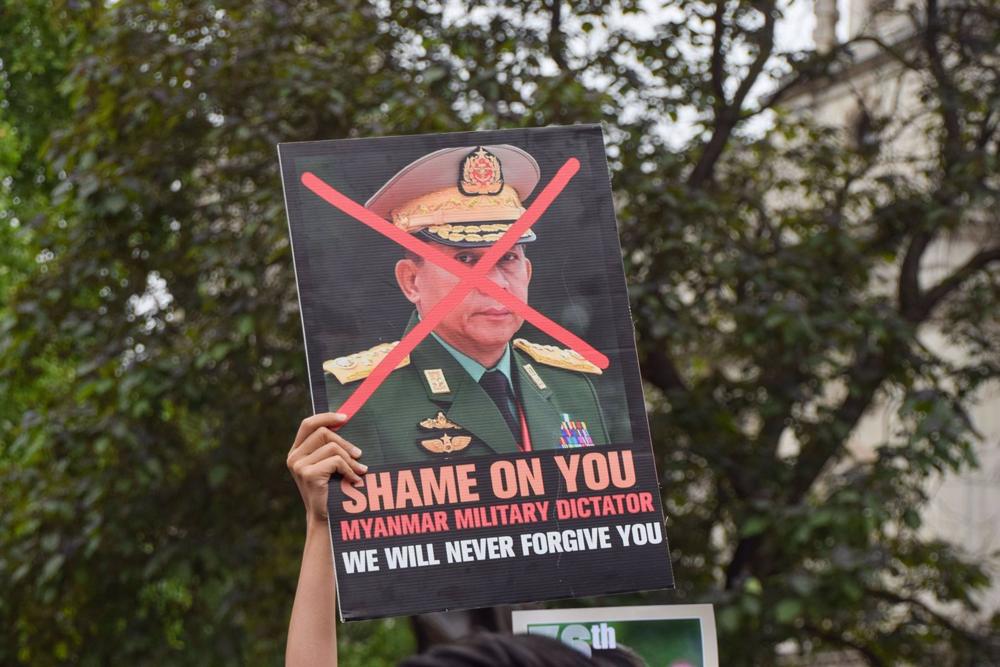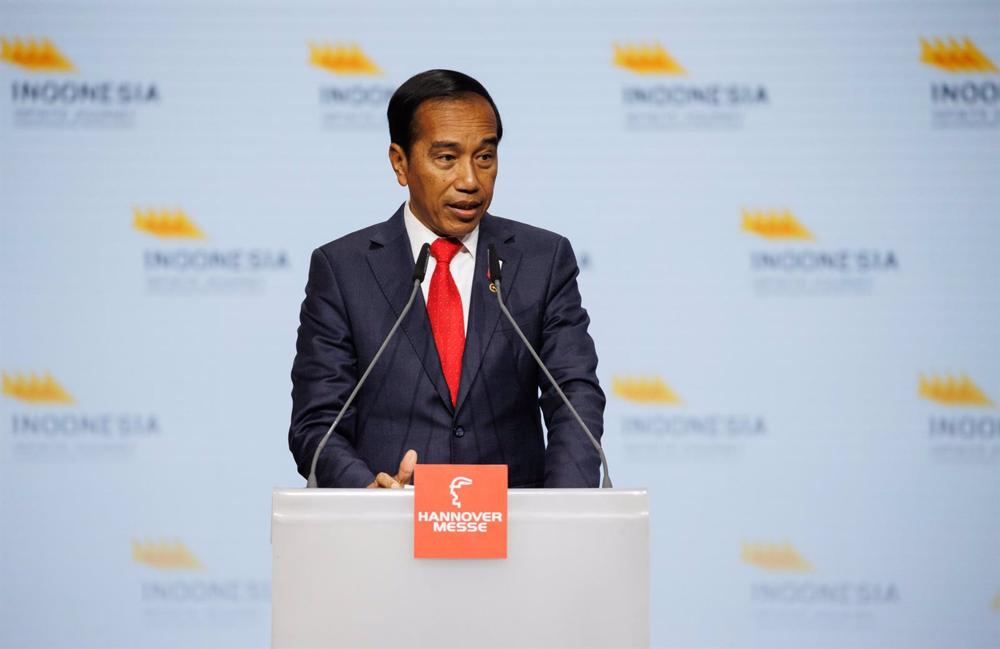
Around 20,000 people displaced in makeshift camps have been evicted by the Taliban in Badghis province, Afghanistan, in sub-zero temperatures, the Norwegian Refugee Council (NRC) reports.
The NRC is now calling on the Taliban authorities to halt further evictions of other internally displaced people who are in many parts of the country waiting for a new alternative, warning especially of winter conditions: «Many now lack food to feed their children and have no way to keep warm when temperatures drop below freezing,» said NRC Afghanistan Country Director Neil Turner.
«The Badghis authorities must recognize that they have responsibilities to the population. It is essential that the authorities ensure that families have shelter and are able to support themselves before undertaking further evictions; and they must also help those who have already been evicted,» said the NRC.
The context of fighting and the consequences of the drought that has plagued the country since 2021 have forced thousands of families to leave their homes in the rural regions of Badghis to seek humanitarian aid in the provincial capital, Qala-e-Naw.
Authorities in Badghis province are urging families to return to their original villages and dismantle makeshift camps but many of them claim they cannot survive in these regions due to security and economic issues.
The humanitarian community has initiated negotiations and pilot return projects with the aim of making these returns gradual but this has not made the authorities relent. The NRC has launched an emergency response to provide cash grants and basic necessities to families who have left Badghis province.
«All evictions must stop until the Taliban authorities, with the support of the international and humanitarian communities, have found long-term solutions for the highly vulnerable displaced communities,» denounced Turner.
According to NRC data, some 2 million IDPs survive in 1,000 large spontaneous shanty-type settlements in nearly 30 provinces of Afghanistan in precarious conditions and highly dependent on humanitarian aid.
The latest humanitarian response plan highlights Afghanistan’s situation as one of the worst humanitarian crises in the world. The country is entering its third consecutive year of drought and second consecutive year of economic decline, while also experiencing the consequences of decades of conflict and recurrent natural disasters.






